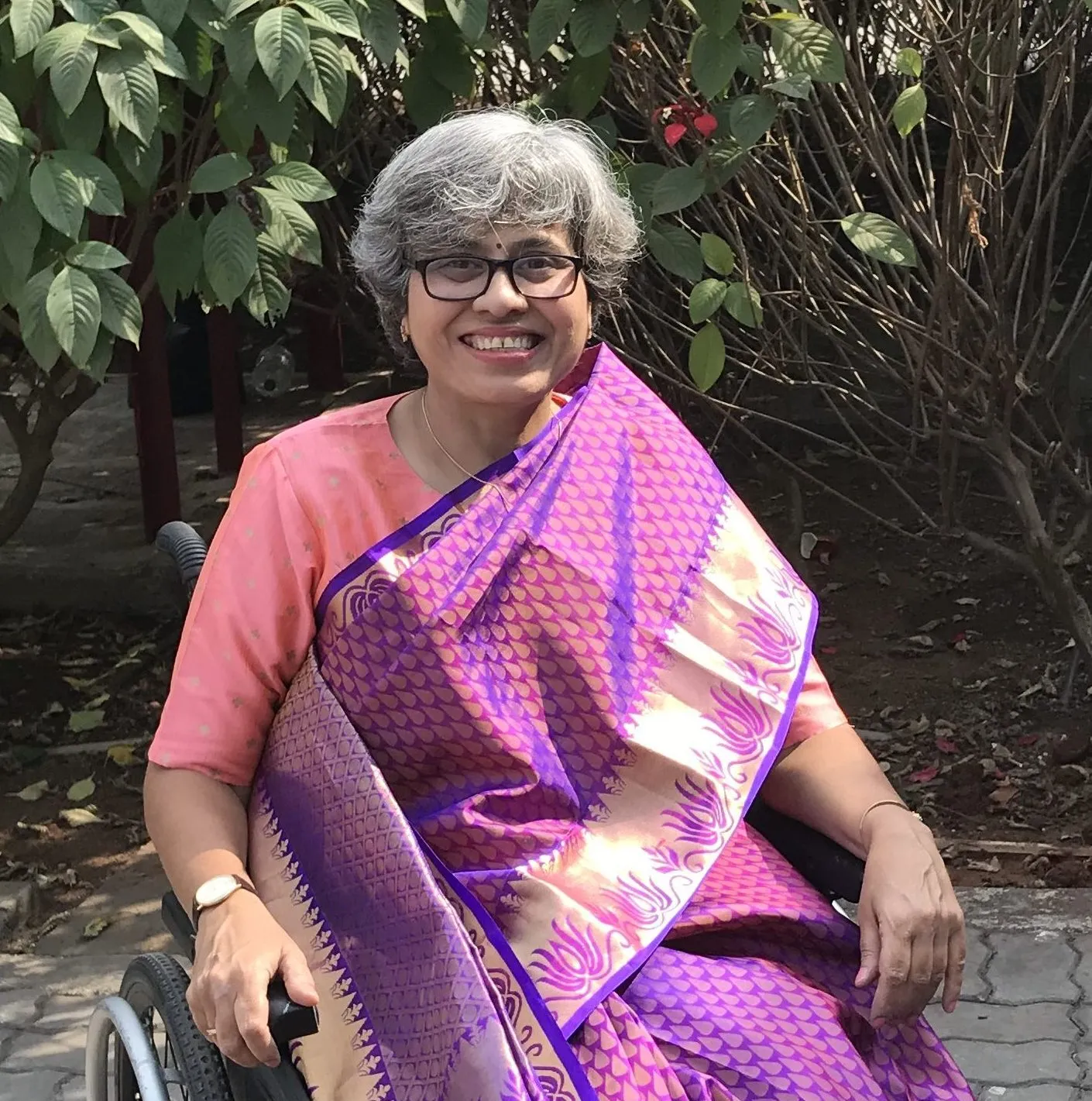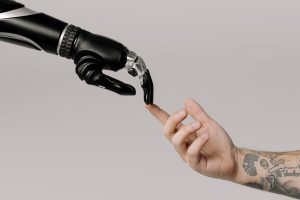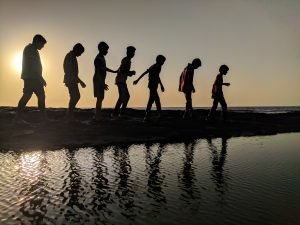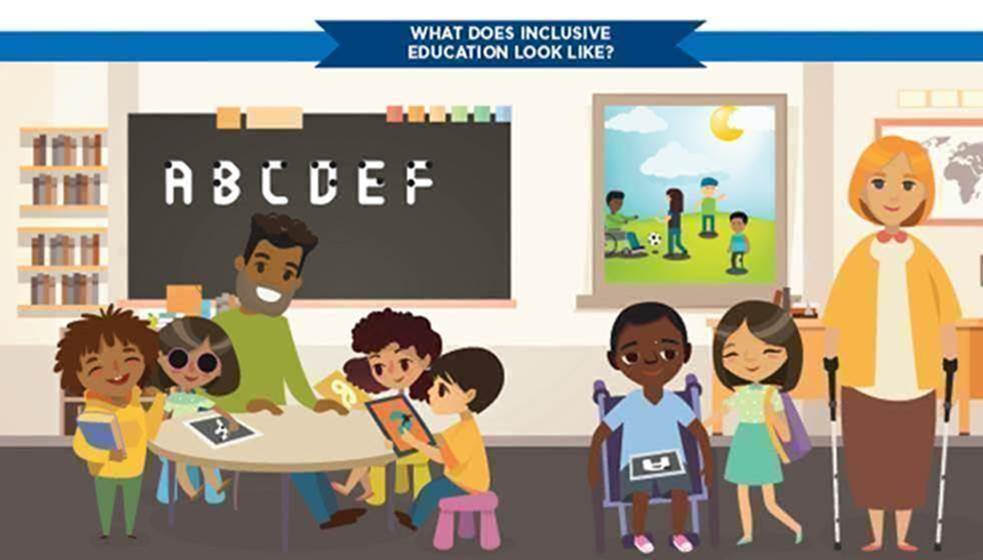
Imagine that, in 2050, 50% of the global population is living with a disability.
Imagine that People with Disabilities are no longer a minority.
Imagine every educational institution has an Inclusive Experience Centre where students, teachers, staff, and management are all aware about each one’s differences and requirements.
Imagine a world where, right from childhood, everybody is treated as equal and no one is special.
Imagine a society where all disabilities are accepted with an all-pervading culture of independent living and co-existence.
Now let us reimagine our educational environment. This is an opportune time to do so as there has already been tremendous disruption in the past two years with the digital revolution. January 24th 2022 was UNESCO’s 4th International Day of Education, themed around ‘Changing Course, Transforming Education’. It was a platform to showcase the most important transformations that have to be nurtured to realise everyone’s fundamental right to education and build a more sustainable, inclusive and peaceful future world.
Now is a terrific opportunity for everyone – children, youth, government, organisations, teachers and leaders – to invest their time and resources on learning lessons on inclusion and accessibility. This will enable the entire citizenry to be drawn into a collective, focused goal about disability inclusion. Let me share the veritable storehouse of information to begin your ‘education’ on ‘inclusion’ which you can learn absolutely free of cost at the click of button through technology. There are two global icons of Persons with Disability in USA and Canada whose organisations have invested their knowledge and efforts to create these resources.
Through the late Javed Abidi of the National Centre for Promotion of Employment for Disabled People, I met Dr. Victor Santiago Pineda, the dynamic President and Founder of Pineda Foundation and World ENABLED, USA, in 2016 in Mumbai with a group of inclusion advocates. He is a globally recognised development scholar and leader in international disability rights and was appointed by US President Barack Obama to the Architectural and Transportation Barriers Compliance Board. He is the Founder of Inclusive Cities Lab and teaches at University of California, Berkeley too. Their website is full of free resources. At the click of a button, anyone can access toolkits and a playbook on Smart Cities.
Anyone can use this Inclusive Innovation Playbook to help cities, their partners, and stakeholders define inclusion as part of the technology innovation process and integrate it into urban innovation ecosystems (e.g. incubators, accelerators, investors, etc.). Other entities with an interest in both innovation and inclusion (e.g., universities, economic development zones, governments) would also benefit majorly. What a learning opportunity to educate ourselves and make a difference!
I discovered Rick Hansen while doing my PhD research between 2003 and 2005. He is a Canadian icon with spinal cord injury who has dedicated his life to awakening the world to the potential of people with disabilities. He is best known as the “Man in Motion” for undertaking an epic 26-month, 40,000-kilometre journey around the world in his wheelchair. He is the Founder of the Rick Hansen Foundation, an organisation committed to creating an inclusive world where people with disabilities are living to their full potential. For over three decades, Rick and his team have been focused on removing barriers and rethinking how people of all ages and abilities can access spaces where we live, work, learn and play. Theirs is the only program that rates, certifies and showcases accessible buildings based on their level of meaningful access for persons with mobility, vision and hearing disabilities. A family friend Priyanka Chadha from Vancouver personally visited their office and picked up informative resource books for me. I learnt about their Resource Library which contains full lesson plans connected to the curriculum in Canada, short activities, videos, e-books and more. These tools help to start meaningful conversations about inclusion and accessibility, with Rick Hansen’s extraordinary story inspiring the next generation of Difference Makers. Their resources range from lesson plans intended for educators in the classroom to the Little Big Lessons collection; bite-sized lessons & activities for parents and teachers alike to share with students at home or in class. These resources are also available absolutely free. These two examples are only the tip of an iceberg of learning opportunities available globally.
Everyone here has an opportunity to educate oneself and become more aware about disability, inclusion and access. Together, we can collectively reimagine a world where architects, builders, conservationists, naturalists, bureaucrats, technologists, advocates, teachers, sports coaches, investors, gardeners, manufacturers and everyone else would automatically create the inclusive infrastructure, products and services for an inclusive good quality of life. This kind of education, which starts with oneself, shall reimagine inclusion and truly transform our world.
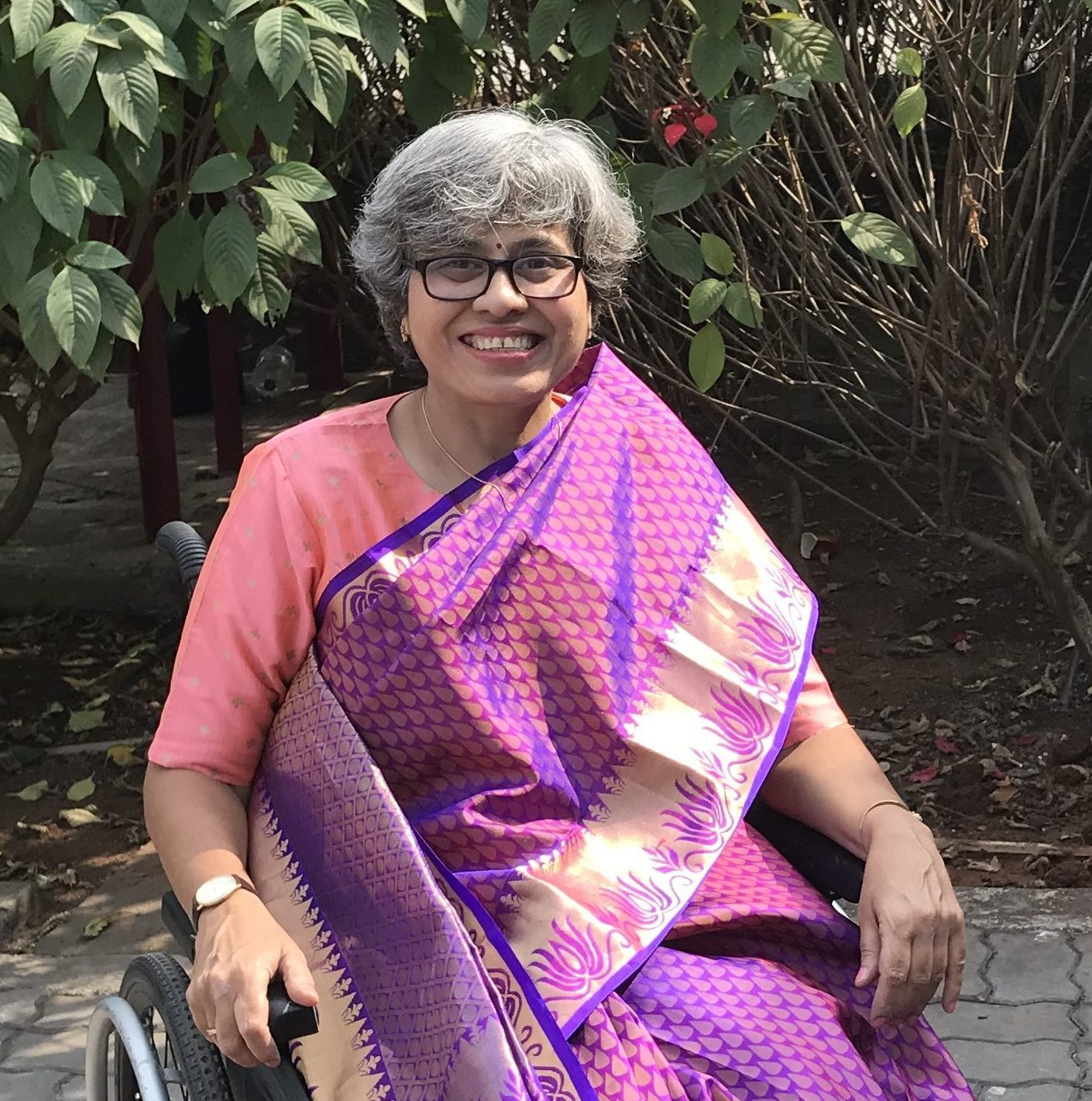
Dr. Ketna L Mehta is the Founder Trustee of Nina Foundation and Editor at One World.
